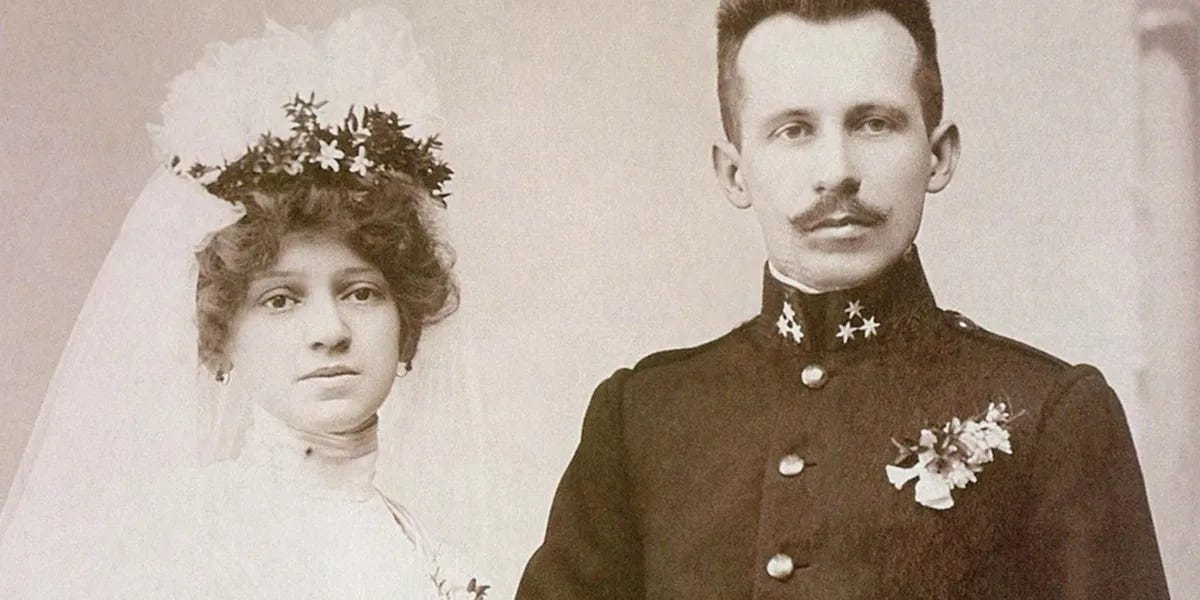Experts to study ‘miracle’ attributed to St. John Paul II parents’ intercession
“I deeply believe that Edmund Wojtyla is blessed, i.e. he is saved in heaven, while whether he will be proclaimed blessed — I do not know.”

Experts will study an alleged miracle attributed to the intercession of St. John Paul II’s parents, their postulator said this week.
Msgr. Sławomir Oder, who also served as postulator of the Polish pope’s cause, told the Catholic news agency KAI that he had received multiple reports of purported miracles connected with Emilia and Karol Wojtyła.
